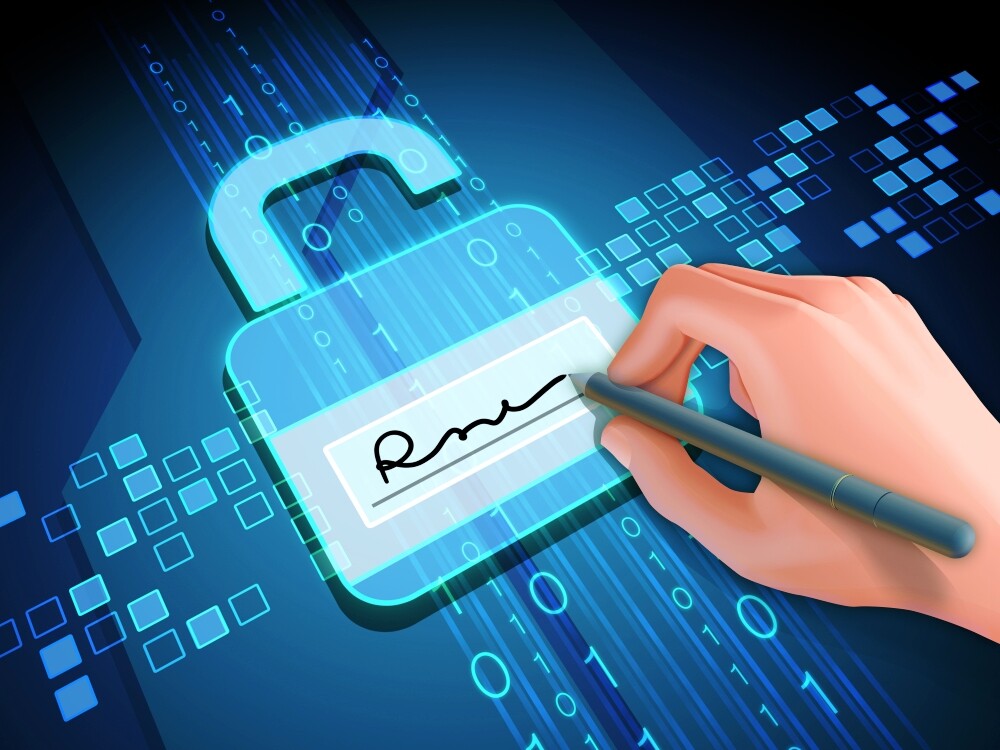

Since 2010, the Global Law Experts annual awards have been celebrating excellence, innovation and performance across the legal communities from around the world.
posted 4 years ago
On 13 June 2018, Cyprus adopted Law 55(I)/2018, which incorporated Regulation (EU) 910/2014 on electronic identification and trust services for electronic transactions in the internal market.
The EU introduced the Regulation, which is commonly known as eIDAS, as a part of the Commission’s Digital Agenda. The aim is to foster digital growth, drive technological innovation, and improve information security, transparency, and interoperability across the EU.
As far as Cyprus is concerned, the authorities hope that the Regulation will boost the local banking and finance sectors. The new rules should also make the conduct of business easier and more streamlined across the board.
Among other things, the Regulation introduces three types of electronic signatures. These pave the way for increased digitalization in the areas of state administration, business, law, finance, and more.
Prior to the advent of electronic signatures, the law only provided for handwritten ones. That, however, has changed. As per Article 25 of the Regulation, an electronic signature may not be denied legal effect and admissibility as evidence in legal proceedings solely because it is in an electronic format or does not fulfill the requirements for a qualified electronic signature.
Article 25 further stipulates that qualified electronic signatures shall have the same legal effect as handwritten ones.
The national legislation reflects that position. According to Article 9 of Law 55(I)/2018, subject to the provisions of the Evidence Law, electronic signatures are now admissible in all civil or criminal proceedings before the Cyprus courts. That is the case regardless of whether or not they meet the specific requirements for qualified electronic signatures.
The introduction of electronic signatures also meant that the definition of what constitutes a document had to change.
Therefore, the definition of document in the Evidence Law (CAP.9) was amended to cover electronic documents, as well as any document bearing electronic signatures, seals, or time stamps.
Furthermore, Article 37A(1) of the Companies Law (CAP.113) provides that any certificate, form, minutes, or another document that is issued by the Registrar of Companies or is sent or delivered there for filing and requires affirmation, certification, or a signature, may now be signed electronically.
On 8 May 2020, Cyprus’s Deputy Ministry of Research, Innovation, and Digital Policy formally announced the implementation of the so-called National Plan for Electronic Identities. The Plan seeks to govern the issuance of electronic identities.
According to the Plan, an electronic identity is a state-issued tool that allows:
In either case, the law no longer requires the physical presence of the signatory.
In particular, the Plan introduces the use of two certificates:
A qualified electronic signature is an encrypted sequence of letters and numbers that is associated with the holder of a qualified certificate for electronic signature.
Qualified electronic signatures can be used by the organs of the state but also in personal transactions, banking, business, and more. These signatures can be placed on all types of agreements, applications, and other official documents.
Qualified electronic signatures will be issued by banking institutions or qualified trust service providers. The issuing organ will also be responsible for carrying out the identification procedure of certificate holders.
Currently, qualified certificates for electronic signatures issued in 2020 are valid for one year from the date of issue.
That will change upon the full implementation of the Plan in 2021. From that point onward, qualified certificates for electronic signatures will be valid for three years from the date of issue, subject to renewal.
Qualified electronic signatures are to be inserted on electronic documents using an electronic device such as a computer, laptop, smartphone, or tablet. Users will need to access an online platform and upload the documents that they would like to sign.
The holder of the electronic signature certificate will then have to approve the placement of their signature on the document via a smartphone application. Once they have granted their approval, they will be able to access the now-signed electronic document.
For more information please visit our website at www.savvacyprus.com or contact us at [email protected].
Author


There are no results matching your search.
Resetposted 4 days ago
posted 5 days ago
posted 5 days ago
posted 5 days ago
There are no results matching your search.
ResetSign up for the latest advisory briefings and news within Global Advisory Experts’ community, as well as a whole host of features, editorial and conference updates direct to your email inbox.
Naturally you can unsubscribe at any time.
Global Advisory Experts is dedicated to providing exceptional advisory services to clients around the world. With a vast network of highly skilled and experienced advisers, we are committed to delivering innovative and tailored solutions to meet the diverse needs of our clients in various jurisdictions.